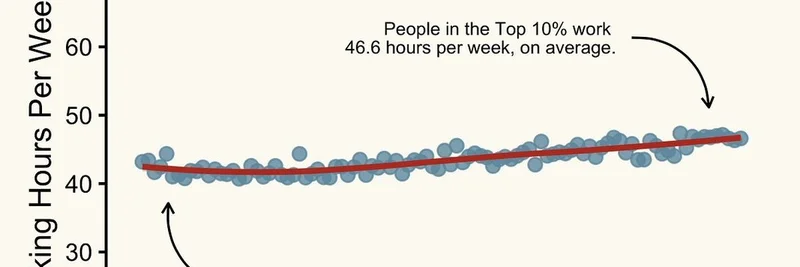Haseeb Qureshi, managing partner at Dragonfly Capital, sparked a heated discussion on X with his thread on wealth and technology. Drawing from his original post that ruffled some feathers, Haseeb shared three key takeaways that challenge common perceptions about inequality. As someone deeply embedded in the crypto world, his views offer a fresh lens for blockchain enthusiasts and meme token traders alike. Let's dive into what he said and how it relates to the decentralized economy.
The Original Spark: Technology as the Great Equalizer
In his quoted original post, Haseeb explained why he turned off replies—it was triggering too many people. The core idea? The gap between the middle class and the ultra-wealthy is narrower than ever, thanks to technology. Rewind a century, and luxuries like air conditioning, personal computers, or even microwaves were exclusive to the rich. Today, you and Elon Musk are scrolling the same apps on similar devices.
"Money cannot buy you better technology anymore," Haseeb noted. Whether it's Netflix, LLMs (large language models), or the internet itself, these tools are democratized. Sure, the wealthy might jet off occasionally, but most of their time? It's spent working, just like the rest of us—albeit with higher stakes.
This resonates in crypto, where meme tokens level the playing field. Anyone with an idea and some community buzz can launch a token on platforms like Solana or Ethereum, potentially turning small investments into life-changing wealth. It's technology enabling opportunity, much like Haseeb describes.
Takeaway 1: Resistance to the Equalizer Narrative
Haseeb's first observation: People get really upset at the idea that tech has equalized experiences. Many cling to the belief that billionaires live in a different world, using tech as a distraction from inequality.
But in blockchain, we've seen the opposite. Crypto tools like decentralized finance (DeFi) and non-fungible tokens (NFTs) give everyday users access to financial instruments once reserved for the elite. Meme coins, in particular, thrive on this—think Dogecoin or newer hits that started as jokes but built massive communities. It's not about yachts; it's about accessible innovation.
Takeaway 2: Myths About the Wealthy Lifestyle
Next, Haseeb debunked the cartoonish image of the rich lounging on yachts. Most are workaholics, he says, pointing out that about 70% of U.S. billionaires are self-made. They didn't get there by constant vacationing.
This graph he shared illustrates it perfectly: Top earners work more hours on average (46.6 hours/week for the top 10%) than those at the bottom (42.2 hours/week). The difference? Just 4.4 hours. In crypto, this mirrors founders and traders grinding through market cycles. Meme token creators often bootstrap from nothing, putting in endless hours to hype and build.
Takeaway 3: Overlooking a Century of Progress
Haseeb's third point: Folks underestimate how much life has improved across all wealth levels in the last 100 years. From poverty reduction to lower crime rates and longer lifespans, data shows progress.
He backed this with charts:
These visuals drive home the point—technology and economic growth have lifted billions. In the meme token space, blockchain amplifies this by enabling borderless, permissionless wealth creation. As one reply mentioned, Bitcoin ranks high as an equality driver, second only to the internet.
Haseeb capped it with a Warren Buffett quote: "Money makes very little difference after a moderate level." Students today live similarly to him in essentials—same food, entertainment, tech.
Crypto Ties and Community Reactions
Replies to the thread brought crypto into focus. One user quoted Ben Horowitz: A girl in Bangladesh now has better access to knowledge than Harvard students did 20 years ago, thanks to the internet—and Bitcoin as a close second for opportunity.
Another nodded to Obama's take: If you could choose any time to be born without knowing your status, it'd be now. Books like "Enlightenment Now" reinforce this with data.
For meme insiders, this thread is a reminder: Blockchain isn't just about pumps; it's about democratizing wealth. Meme tokens embody this—low barriers, high potential. But as Haseeb implies, success still demands hard work, not just luck.
Check out the full thread here for more insights. What do you think—has tech closed the gap, or is inequality still rampant? Share your thoughts in the comments!



